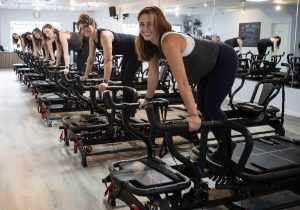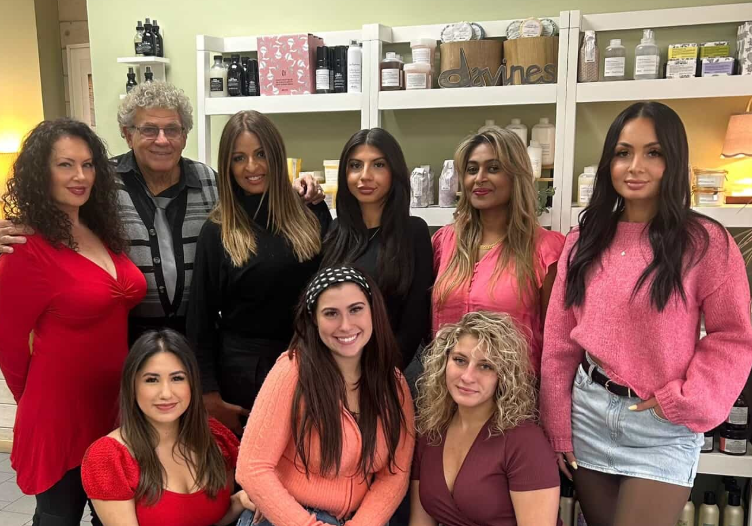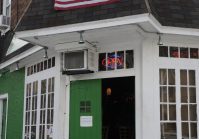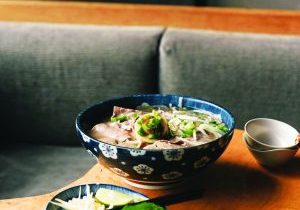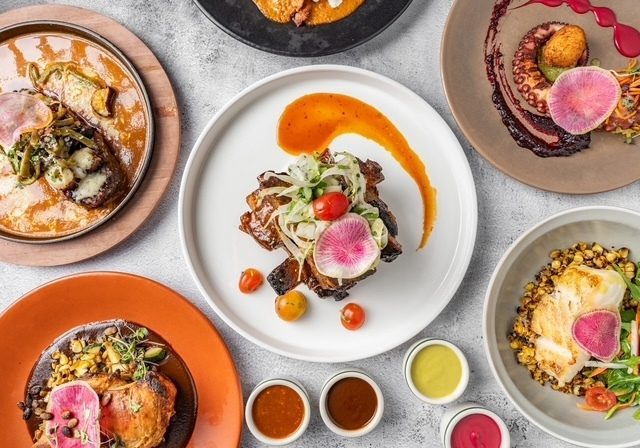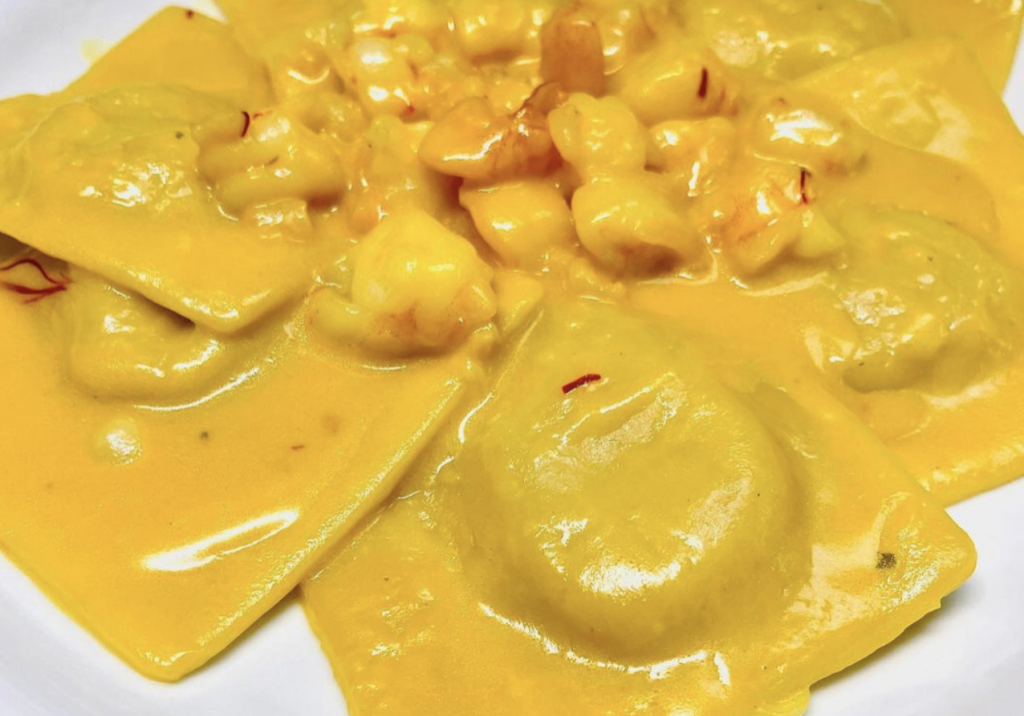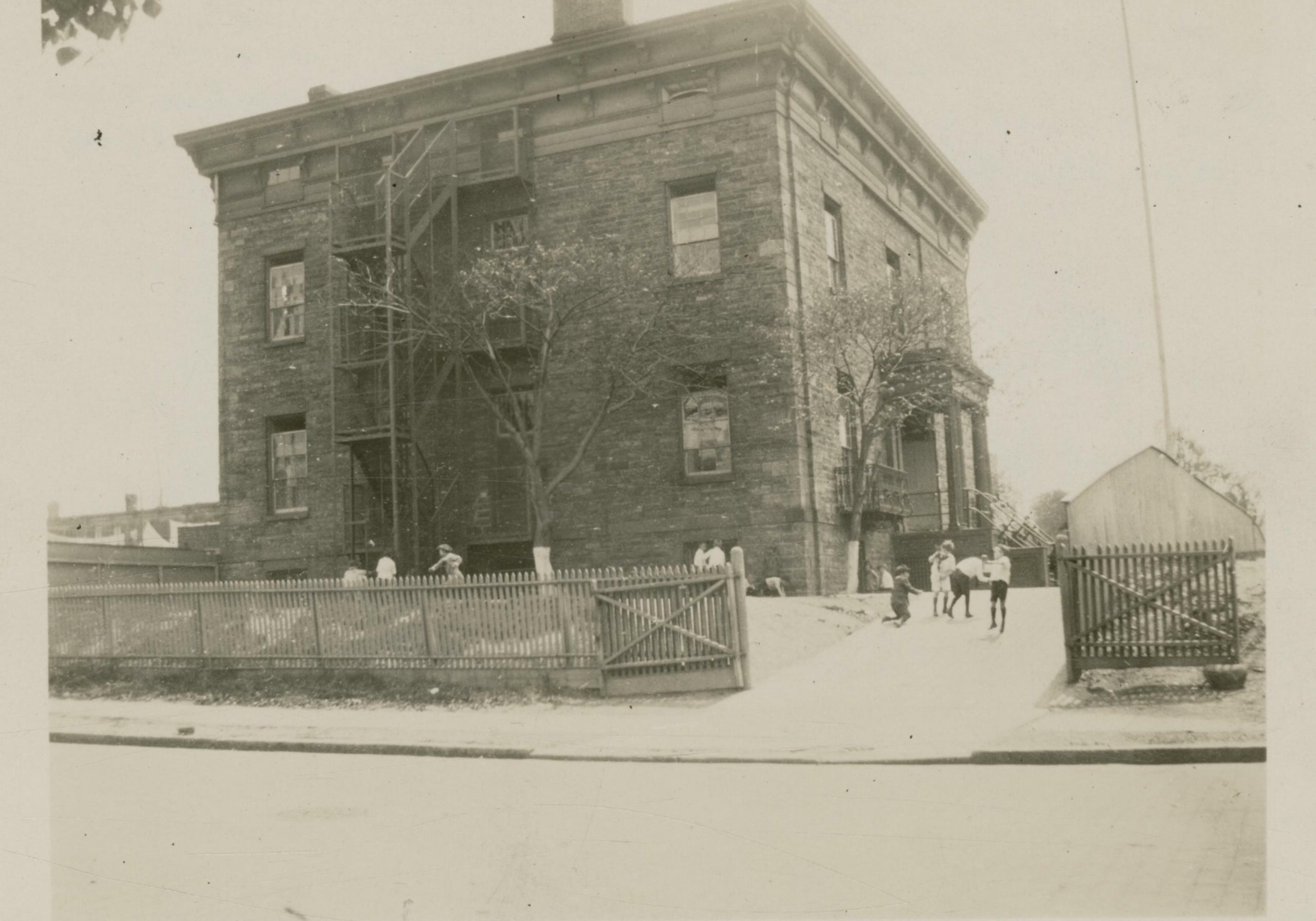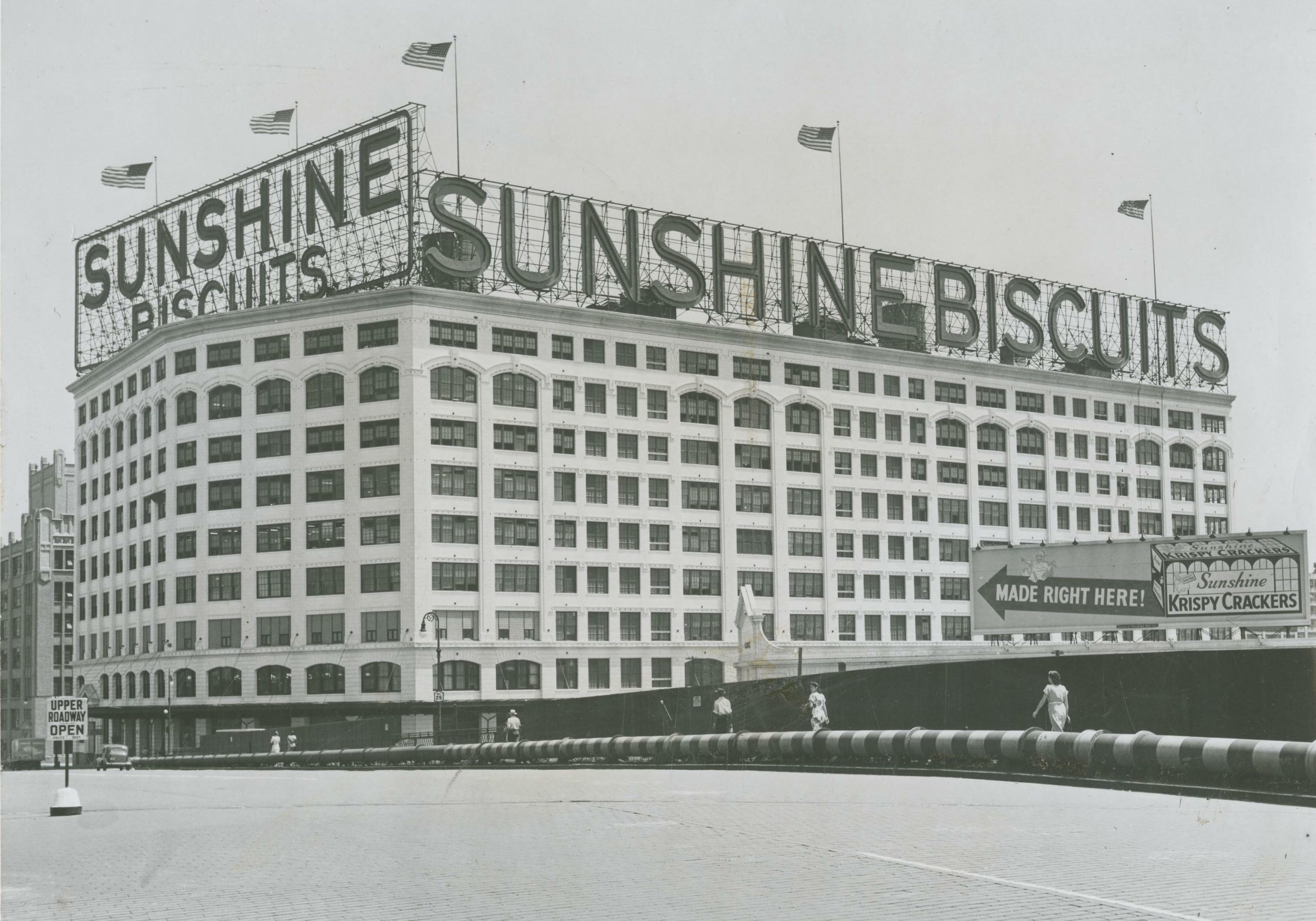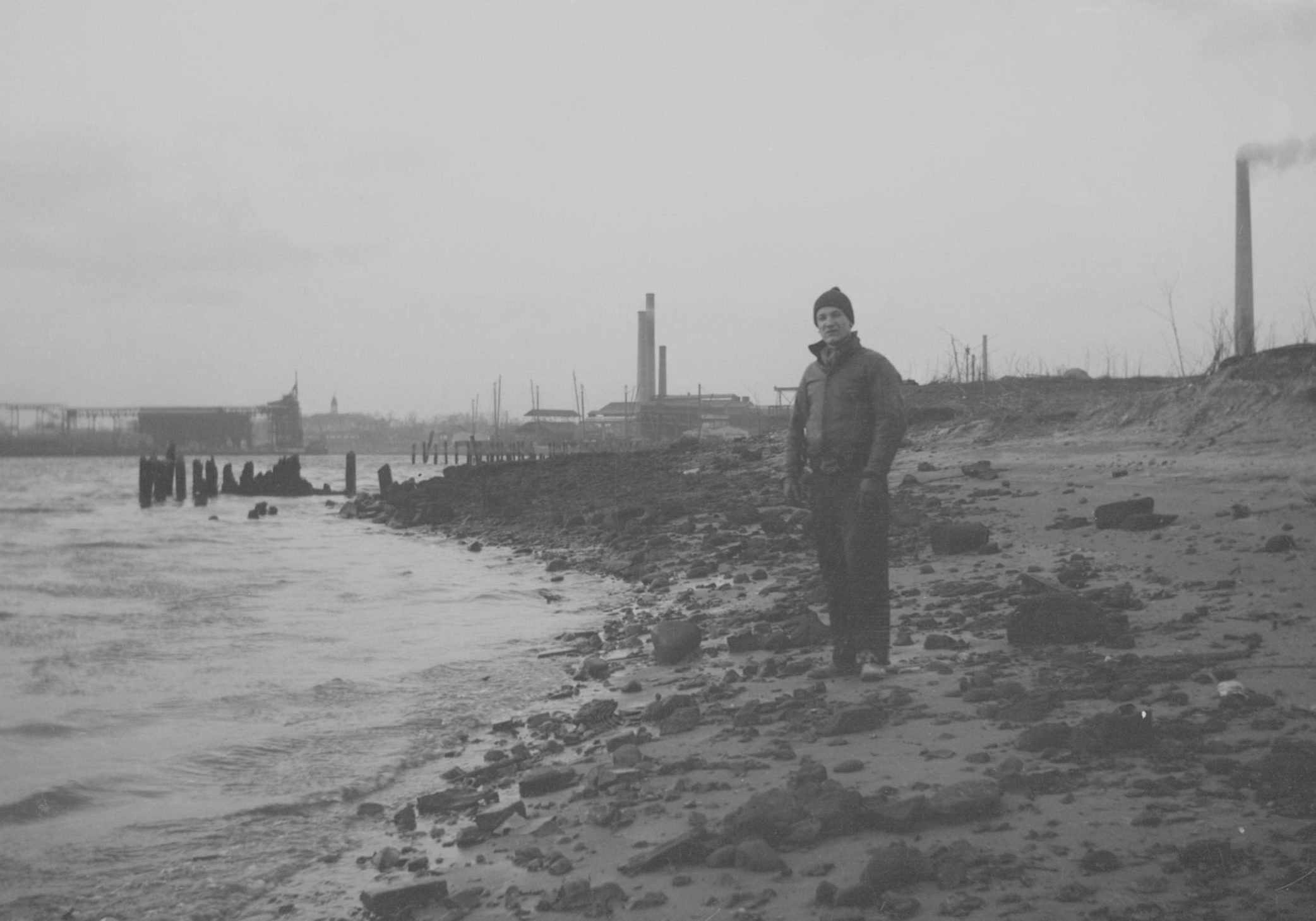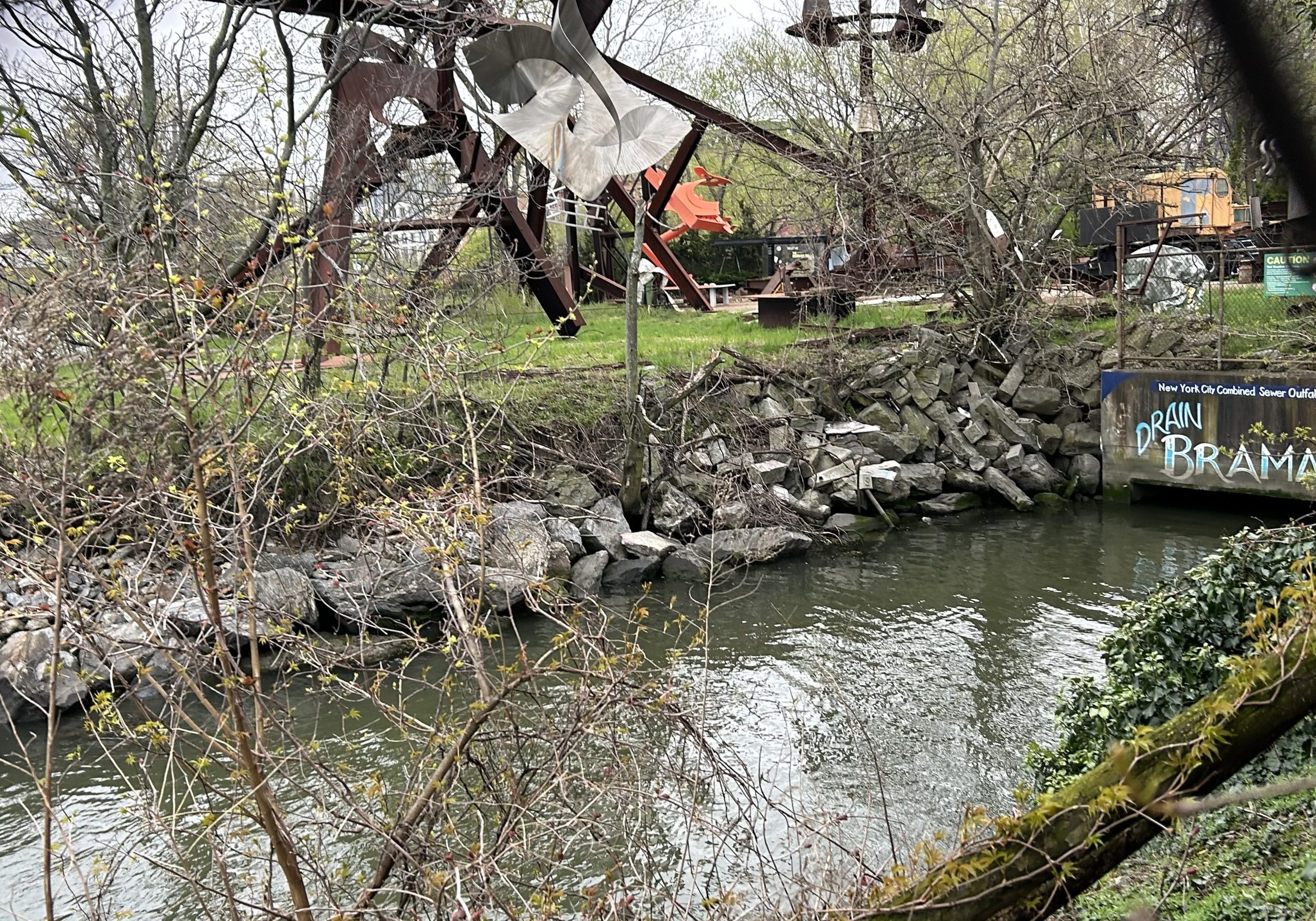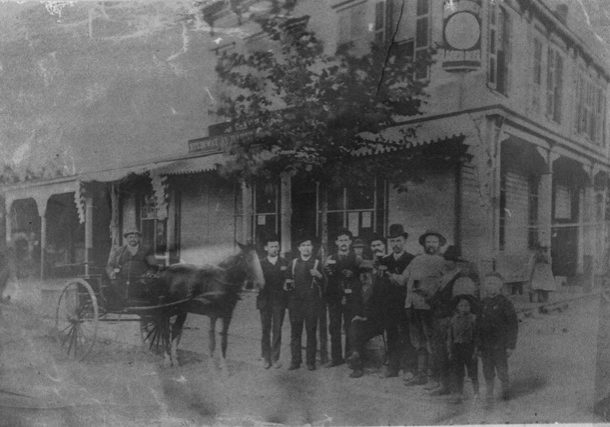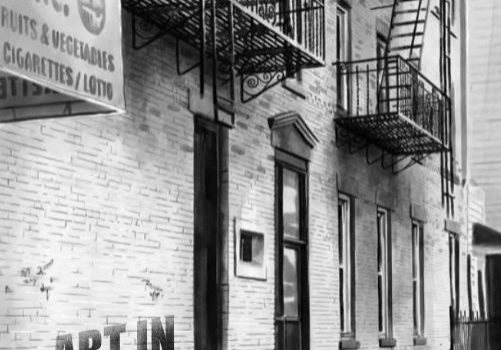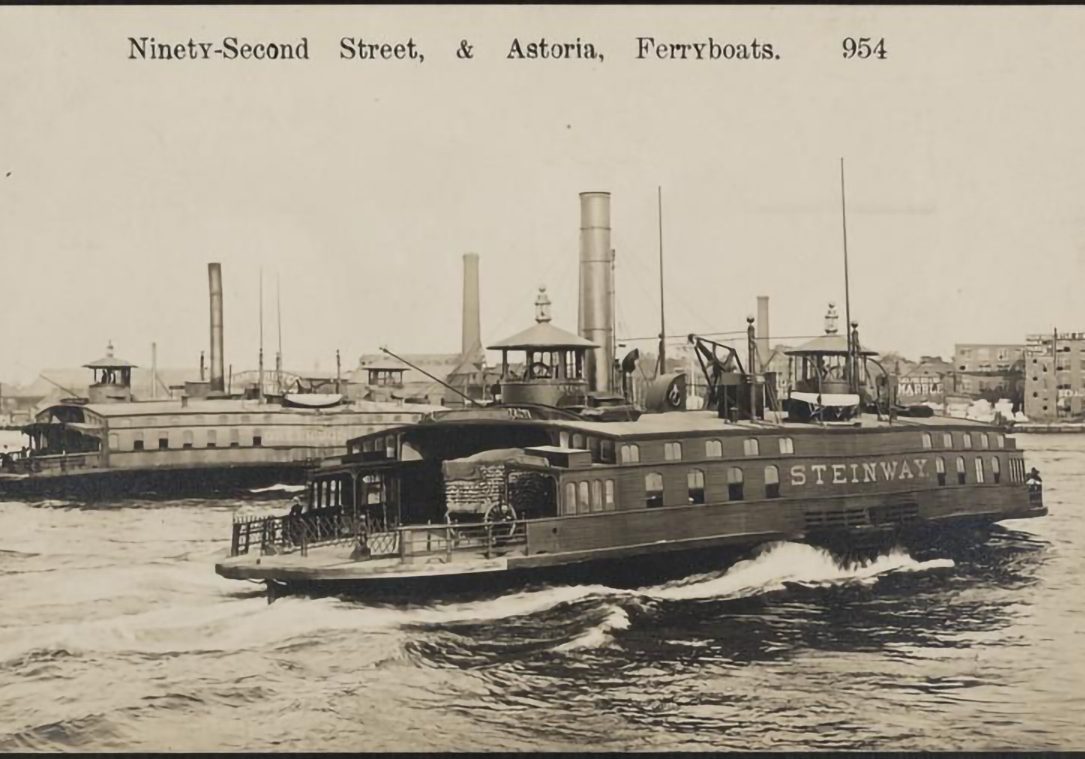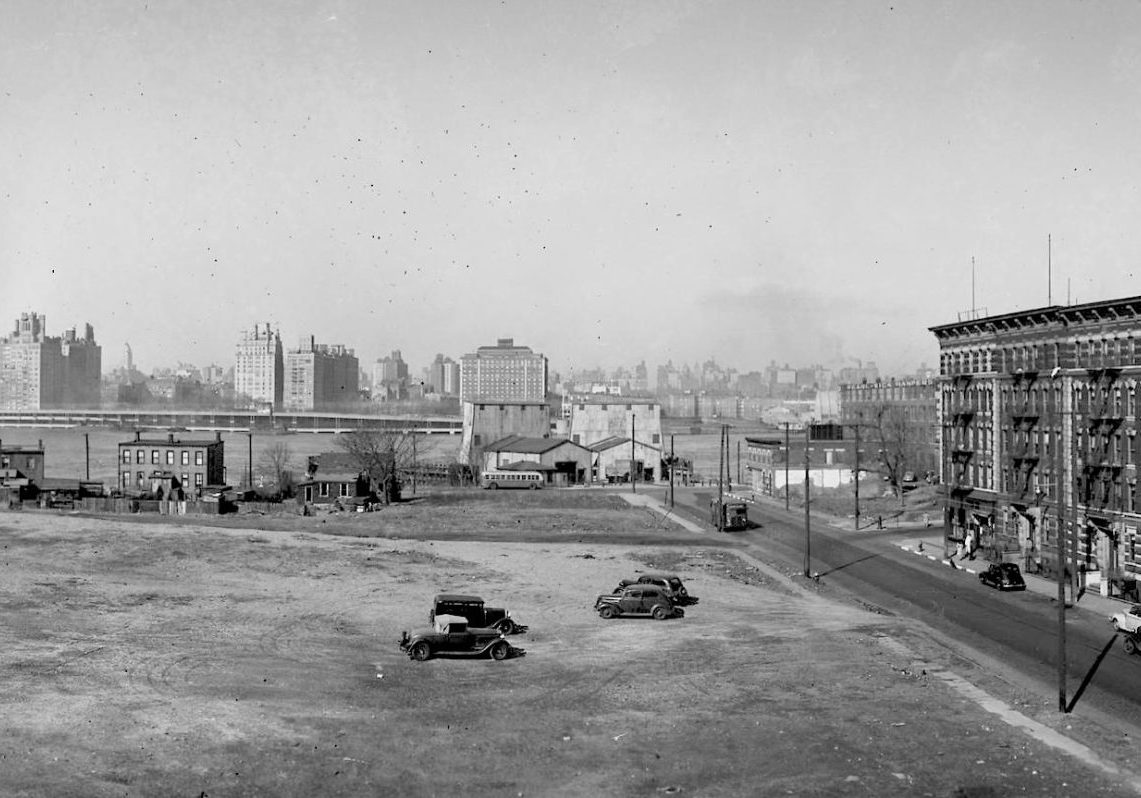The LGBTQ+ Latino community has a new meeting place in Astoria “sin pelos en la lengua”
“Sin Pelos en la Lengua” (“without mincing words”) is the name of the event that is being held monthly at the LGBT Center in Queens. The Astoria LGBT Network platform will now offer these in-person meetings in Spanish aimed at the LGBTQ+ Latino community in the area.
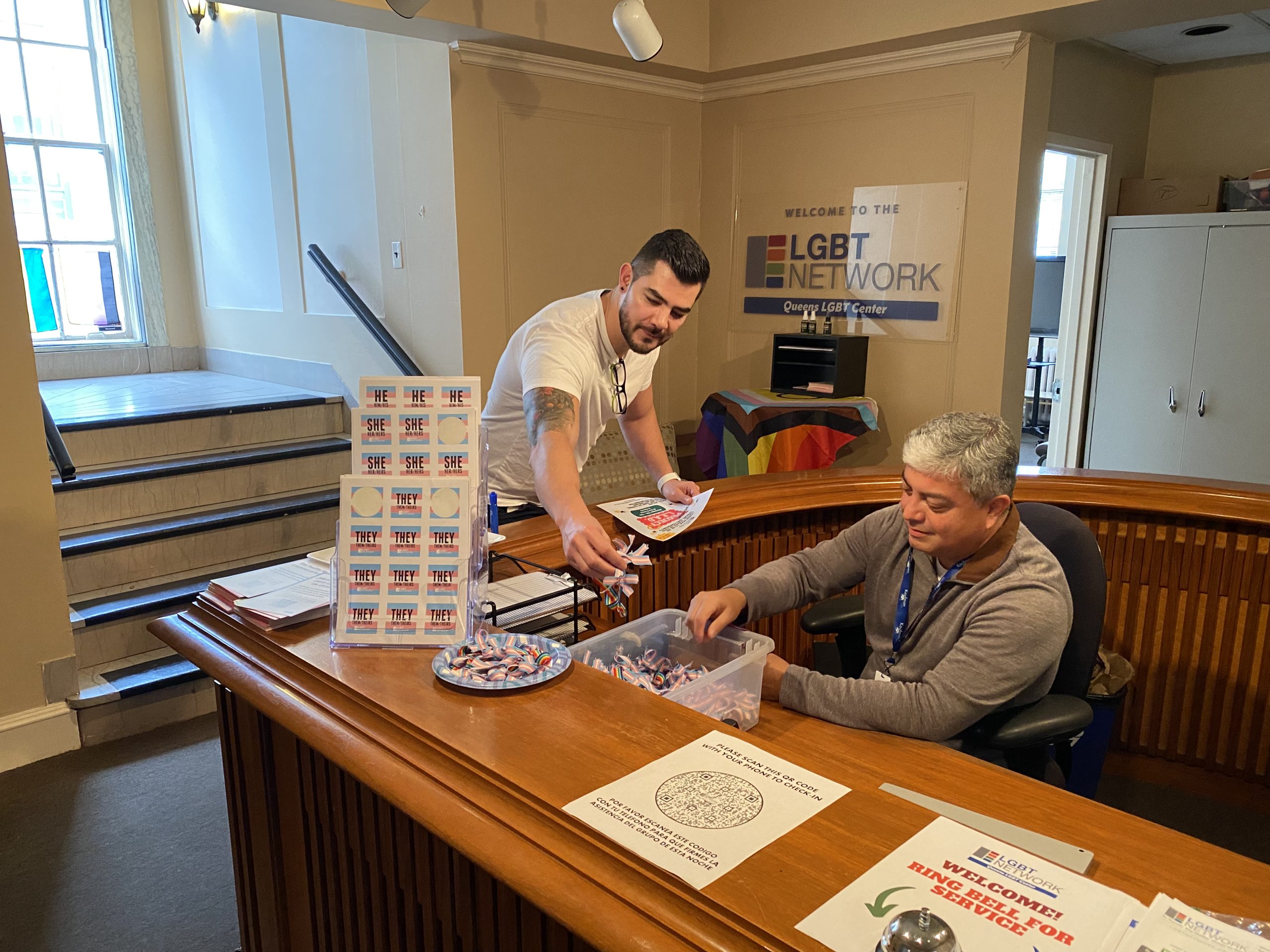
“The LGBT movement in Queens has always had Latino name”, said Daniel Dromm, former member of the NYC Council for the 25th district in Queens and a key personality within the LGBTQ+ movement in the area.
It is now in Astoria, the neighborhood that houses the new offices of the LGBT Network Queens since the end of 2020, where “Sin Pelos en la Lengua” is taking place in the form of a new meeting group focused on Spanish speakers.
Directed by Robert Sánchez and Julián González, the platform offers a space for the LGBTQ+ Latino community to meet, get support, relax and have fun.
The program is under construction. The first phase of the project took place virtually during the pandemic, with people connecting from Mexico, Venezuela, Peru or Spain. However, they had little audience in the US and Queens in particular, something that represented the main target of the activity. “Focusing the program on our objective, which is the Latino community in Queens, we decided to hold the event in person”, says González. “The first meetings were a few weeks ago and the goal is to create a large, fun space for people to socialize and get to know each other. We are in that process now.”
According to a 2019 study from the Williams Institute, UCLA School of Law; the Latino population represents 20% of the total LGBTQ+ population in the city of New York. J.R. Cehonski, regional director for the Astoria area within the LGBT Network platform, also commented on how the Latino force within the Queens community has always been palpable: “When the first center opened in Long Island in 1993, we were aware of the strong Latino community (…), Spanish speakers that really were in need of a community and are also LGBT. (…) We started with our HIV testing program, with a lot of Hispanic people coming up. A lot of other issues around immigration and access to different services that are LGBT affirming became clear.”
Daniel Dromm, who co-founded the Queens Pride Parade in 1993 along with Cuban Maritza Martínez, also comments: “(…) one of the things I think that I was most proud of, was having the only Latina, at the moment, involved in the movement in Queens: Maritza Martínez”. Dromm also adds: “Latino gay organizations were mostly out of Manhattan and they were done in Queens at that time (…). When we were organizing the parade, it was the Latina transgender women and drag queens who helped us put on fundraisers (…). Today, when you look at the parade, it’s called Queens Pride, but in many ways it’s Latino Pride”.
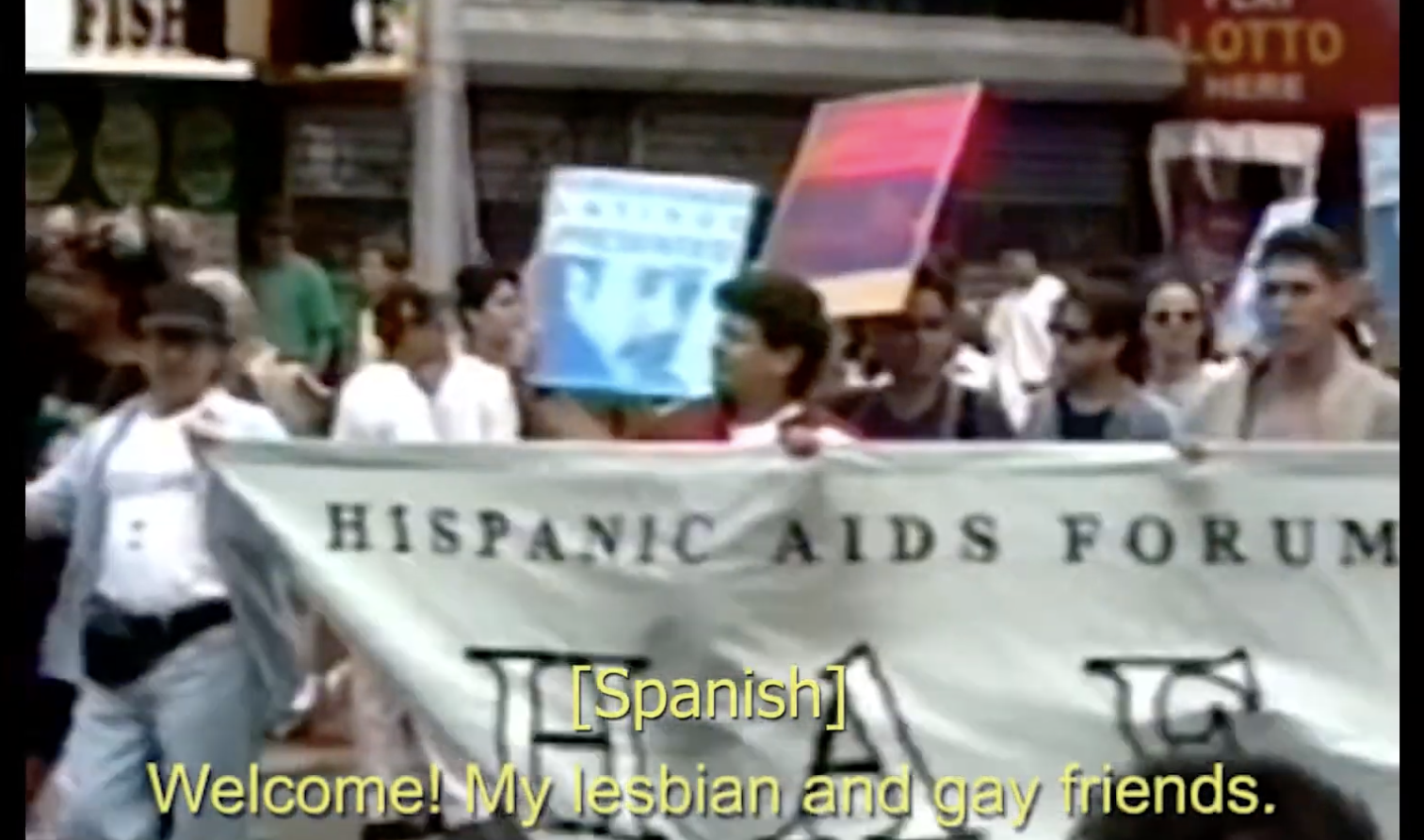
Sánchez, who started in the organization as a volunteer during the pandemic, comments: “Astoria is more of an English-speaking community, commonly the people who speak Spanish have been on the Jackson Heights and Elmhurst side, but here we still have people who speak it and need to meet with other people that speak it as well.”
González also talks about the feeling of growth in the area: “I live in Astoria and I do believe that the Latino community has grown. I feel there are more Latino spaces in Astoria, restaurants, bars. You can see a lot of Spanish-speaking communities.” Sánchez adds: “There are already very large organizations like Voces Latinas in Jackson Heights, but we are well immersed in Astoria and we want the community to know about us.”
The intercultural relationship built in Astoria can also be translated into the initiatives carried out at the LGBT Center Queens, where many other communitarian services are offered at the moment. From the food pantry, through their STD testing office, security and anti-bullying training for schools and workspaces, and, finally, with “Sin Pelos en la Lengua”.
González concludes: “The platform was born because we are aware that here in Astoria there is a large Latino community. We want to reach out to that community and help them create a space for awareness and integration.”
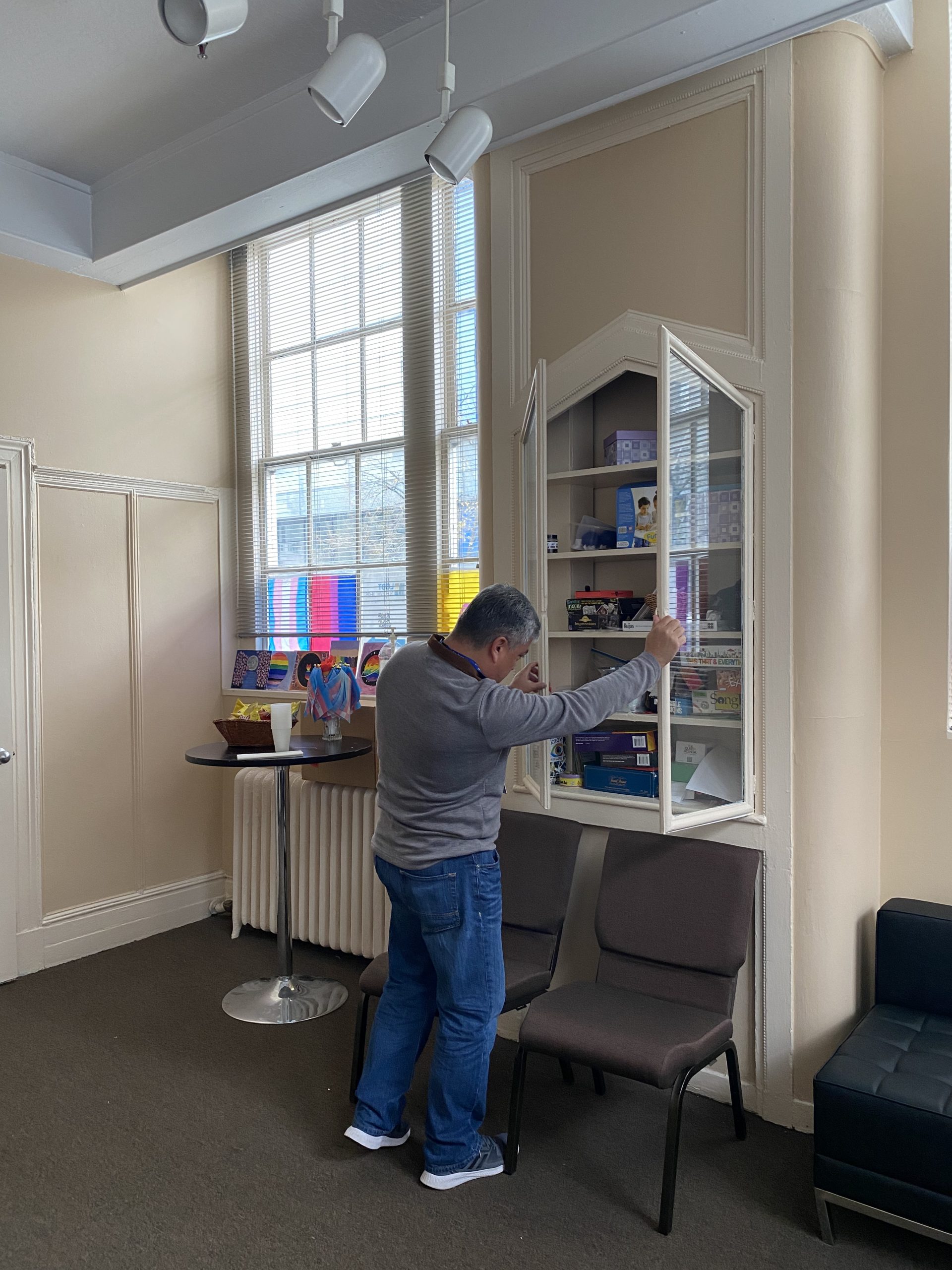
The next meetings of “Sin Pelos en la Lengua” are on Wednesday November 30, and Wednesday December 14, at the Queens LGBT Center located at 31-11, 35th Avenue. Starting in January 2023, the group will meet twice a month.
Updated information for each event can be found at their website and social media channels (Instagram, Twitter Facebook).


